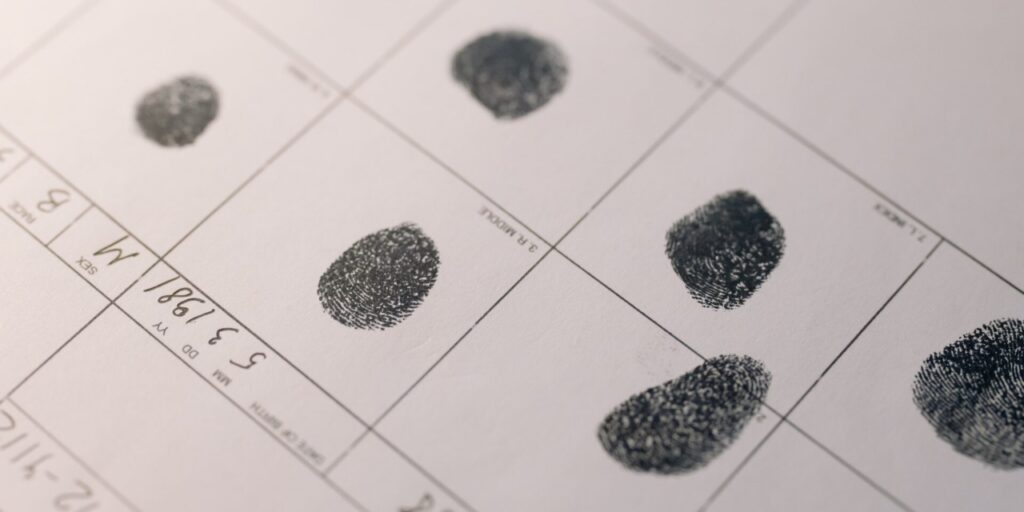- The difference between a divorce and an annulment - April 15, 2024
- Hidden costs to be aware of when buying a house - April 3, 2024
- The rules about legally transporting a firearm in Canada - April 1, 2024
By LegalMatters Staff • Most people have little experience with the criminal trial process. If you or a family member are facing charges, you may be unsure of what lies ahead.
Don’t expect it to unfold as it does on television. Most legal dramas are American-based, with the entire process wrapped up in an hour. The real judicial system moves much slower.
Calgary criminal lawyer Vince Semenuk recommends that anyone facing charges obtain legal counsel.
“A criminal lawyer can guide you through the complex judicial process to ensure your rights are protected,” he says.
According to the Canadian Charter of Rights and Freedoms, the moment you are detained or arrested, the police must inform you of the charge.
“They must also advise you have the right to retain and instruct counsel without delay,” says Semenuk. “If you don’t have counsel, you can have the assistance of a legal aid lawyer or duty counsel.
Once charges are laid, police may release you after you sign a promise to appear or you could sign an undertaking, which contains conditions you have to comply with as part of your release from custody.
“If police keep you in custody, you are entitled to a bail hearing within 24 hours or as soon as a justice is available,” he says. “With most charges, the onus is on the Crown prosecutor to show why they think you should not be released.”
You should also expect to be fingerprinted.
“If you are not convicted of the offence, you can ask the police to destroy your fingerprint records and photos,” Semenuk explains.
A first appearance will follow, where the court will hear how you intend to plea, which will determine the course of the trial.
“This is not the time to give evidence or discuss any legal issues,” he says. “On the first appearance, the matter is usually adjourned for some weeks to receive disclosure, which is the Crown’s evidence against you.”
Any legal charge may be resolved before going to trial.
“The majority of the cases in Canada never go to trial,” Semenuck says. “They are resolved by way of a guilty plea to the charges laid or a guilty plea to a lesser offence, which will result in a criminal record.”

